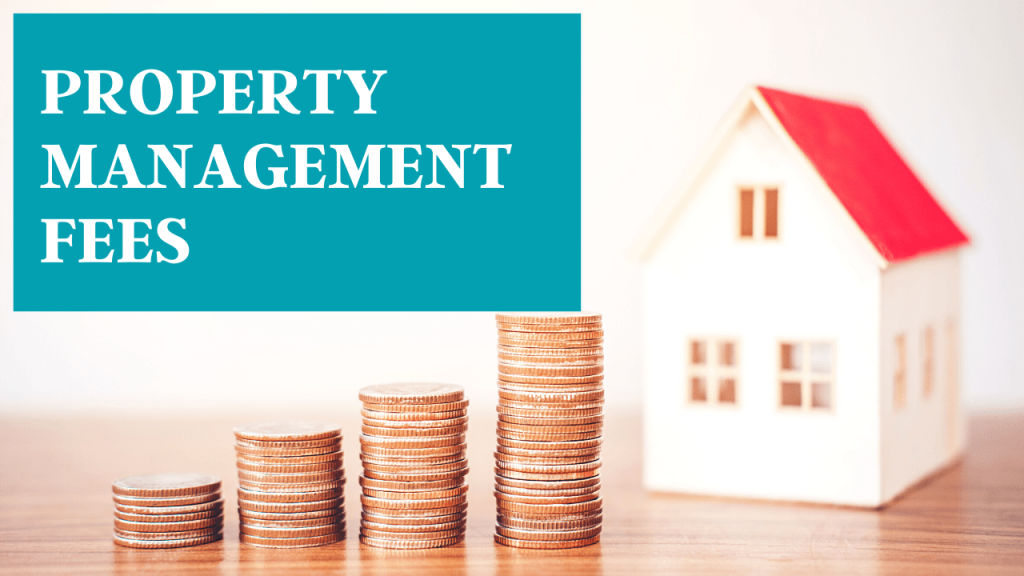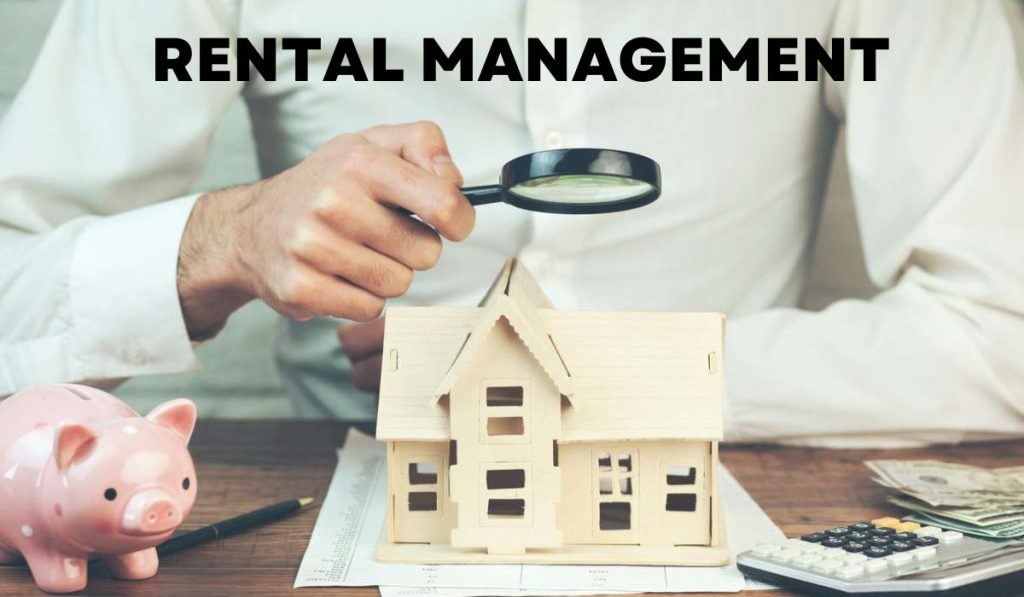Investing in real estate can be a lucrative venture, but managing properties, especially in a bustling metropolis like New York, can be a demanding task. Property owners often turn to professional property management services to ease the burden of maintaining their investments. However, it’s essential to understand the cost associated with property management to make informed decisions. In this comprehensive guide, we’ll delve into the factors that influence property management fees in New York and provide you with insights to help you navigate this dynamic market.
Understanding Property Management Fees
Property management fees are the charges levied by Property Management Companies NYC for their services. These fees can vary significantly depending on various factors, such as location, the type of property, and the scope of services provided. In New York, where the real estate market is known for its complexities, property management fees are influenced by a unique set of dynamics.

Factors Influencing Property Management Fees in New York
Location within New York City
Property management fees can vary greatly within the city due to its size and diversity. The borough you’re in, whether it’s Manhattan, Brooklyn, Queens, the Bronx, or Staten Island, can significantly impact the fees you’ll pay. Manhattan, with its high property values, tends to have higher management fees compared to other boroughs.
Property Type
The type of property you own plays a crucial role in determining management fees. Residential properties, such as single-family homes and apartment complexes, often have different fee structures than commercial properties, such as office buildings or retail spaces.
Property Size and Complexity
Larger and more complex properties typically require more extensive management services, which can result in higher fees. This includes properties with numerous units, amenities, or special features that demand additional attention.
Scope of Services
Property management companies offer a range of services, from basic rent collection and maintenance to comprehensive property oversight. The more services you require, the higher your management fees are likely to be. It’s essential to clearly define your needs and expectations to determine the appropriate level of service.
Market Conditions
The current state of the real estate market in New York can impact management fees. In a competitive market with high demand for property management services, fees may be slightly higher.
Company Reputation and Expertise
Established property management companies with a strong track record and expertise in managing properties in New York tend to charge higher fees. However, their experience often results in more efficient and effective management.
Additional Costs
Beyond standard management fees, you should also consider additional costs, such as maintenance and repair expenses. These costs can vary based on the condition and age of your property.
Typical Property Management Fee Structures
In New York, property management companies typically charge fees using one of the following fee structures:
a). Percentage of Rent Collected: This is the most common fee structure, where the management company charges a percentage of the monthly rent collected. The typical range is 8% to 12% of the rent.
b). Fixed Fee: Some companies charge a fixed monthly fee regardless of the rent amount. This structure is more common for commercial properties.
c). Leasing Fees: In addition to ongoing management fees, property management companies may charge leasing fees for finding and securing tenants. This fee is usually equal to one month’s rent.
d). Vacancy Fees: If your property experiences vacancies, some companies charge a fee for marketing and filling the vacant unit.
e). Maintenance and Repair Fees: Property management companies may charge a markup on maintenance and repair services. Ensure transparency in these charges to avoid surprises.
Additional Considerations
When evaluating property management fees in New York, it’s important to consider the following:
- Quality of Service: While fees are a significant consideration, the quality of service provided is equally important. A low-cost management company may not offer the level of expertise and attention your property requires.
- Contracts and Termination Clauses: Carefully review the management contract, paying attention to termination clauses, notice periods, and any penalties for early termination.
- References and Reviews: Seek references from other property owners who have used the management company’s services. Additionally, read online reviews to gauge customer satisfaction.
Average Property Management Fees in New York
As of my last knowledge update in September 2024, here are approximate ranges for property management fees in New York:
- Residential Properties: 8% to 12% of monthly rent
- Commercial Properties: 4% to 8% of monthly rent
- Leasing Fees: One month’s rent
- Vacancy Fees: Varies by company
- Maintenance and Repair Fees: Varies by company
Please note that these are approximate figures, and actual fees may vary. It’s advisable to obtain quotes from multiple property management companies to compare rates and services.
Challenges and Benefits of Property Management Fees
Now that we’ve explored the factors influencing property management fees in New York and typical fee structures, it’s essential to delve into the challenges and benefits associated with these fees. Understanding both sides of the equation will help property owners make well-informed decisions.
Challenges of Property Management Fees
- Cost Considerations: Property management can be a significant expense for property owners, particularly if they own multiple properties or high-value assets. Balancing these costs against potential rental income is crucial.
- Impact on Profitability: High management fees can eat into the profitability of an investment property. It’s essential to assess whether the services provided justify the fees and positively impact the property’s performance.
- Variable Expenses: Property management are variable expenses, meaning they can fluctuate with changes in rental income or the level of service required. Property owners must be prepared for these fluctuations.
- Fee Transparency: Some property management companies may not provide clear and transparent fee structures, making it challenging for property owners to understand what they are paying for. It’s crucial to seek clarity on all fees and potential additional costs.
Benefits of Property Management Fees
- Time and Stress Savings: Property management fees can be seen as an investment in peace of mind. Property owners can delegate the day-to-day tasks of property maintenance, rent collection, and tenant management to professionals, freeing up their time and reducing stress.
- Expertise and Experience: Reputable property management companies bring a wealth of experience and expertise to the table. They understand the nuances of the New York real estate market, tenant laws, and property maintenance, helping property owners avoid costly mistakes.
- Tenant Quality: Property management companies often have systems in place to screen and select high-quality tenants. This can reduce tenant turnover, minimize vacancies, and Protect the Property owner’s Investment.
- Legal Compliance: Property management companies ensure that property owners comply with all local and state regulations, including tenant rights and housing codes. This reduces the risk of legal disputes and potential fines.
- Property Maintenance: Regular property maintenance is essential for preserving the value of real estate assets. Property managers schedule and oversee maintenance and repairs, ensuring that the property remains in excellent condition.
- Market Knowledge: Property managers have up-to-date knowledge of market trends, allowing them to set competitive rental rates and adapt to changing market conditions. This can optimize rental income for property owners.
- Emergency Response: In cases of emergencies, such as plumbing issues or structural damage, property management companies can provide swift responses and coordinate necessary repairs, minimizing potential property damage.
Negotiating Property Management Fees
Property owners should approach Property Management as a negotiable aspect of their partnership with a management company. Here are some tips for negotiating fees effectively:
- Request Detailed Quotes: Ask for detailed quotes from multiple property management companies. This allows you to compare not only fees but also the scope of services provided.
- Consider Volume Discounts: If you own multiple properties, inquire about volume discounts. Some property management companies offer reduced fees for managing multiple units.
- Performance-Based Fees: Explore performance-based fee structures where the management company’s compensation is tied to achieving specific performance targets, such as reducing vacancies or increasing rental income.
- Service Customization: Discuss customizing services to align with your specific needs and budget. This way, you only pay for the services you require.
- Long-Term Contracts: Signing a long-term contract may lead to reduced management fees. However, be cautious and ensure you are satisfied with the company’s services before committing to a lengthy contract.
What is the Average Property Management fee for rental properties?

The average property management fee for rental properties typically falls between 8% to 12% of the monthly rental income. This percentage can vary depending on the property type, location, and the specific services included in the management package. Full-service property management, covering services such as tenant screening, rent collection, property maintenance, and lease management, often charges higher fees. For instance, a comprehensive plan may charge around 10%, while basic services may start at 8%.
In addition to the standard monthly fee, property management companies may impose extra costs, such as tenant placement fees (usually equivalent to one month’s rent or a percentage of it), lease renewal fees, and charges for handling maintenance or repairs. Discounts may apply for property owners with multiple units or long-term contracts. Owners should carefully review the terms of the property management contract to understand all associated fees and avoid unexpected expenses.
Conclusion
Property management fees in New York can vary widely based on several factors, including location, property type, and the scope of services required. To make informed decisions about property management, property owners should carefully consider their needs, budget, and the reputation of the management company. While fees are a crucial factor, the quality of service and expertise offered by the management company are equally important for the long-term success of your real estate investments. Always conduct thorough research and due diligence before selecting a property management company in New York.



